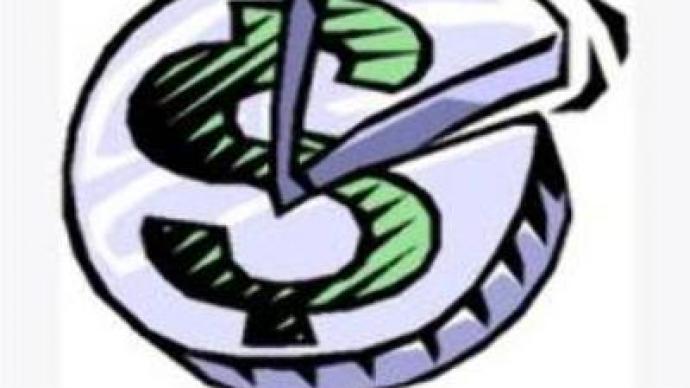Russian businessmen call for more support

The Russian government has approved a three-year budget plan aimed at diversifying the country's economy. But the business community says the principles of the new budget don't help mid-sized firms properly.
Russia's Finance Minister, Aleksey Kudrin, presented a long term draft budget to the government, pointing out that in three year's time, oil and gas revenues will be decreasing significantly. He said the contribution of the energy sector to the economy will fall to 15% of GDP by 2010.“The share of oil and gas revenues will drop, not only because of a falling oil price, but also because production will be rising by only 2% to 3% a year. That is slower than the growth of the overall economy. It means that the non-oil-and-gas sector is driving the growth. That is why we need to diversify the economy and to increase the pace of growth in other sectors,” he said.Mr Kudrin also forecast an inflation rate of 5.5% in 2010.Business leaders, however, say this target is not realistic, given the increase in government spending during the election year and the following one.“Budget spending is not aligned with GDP growth and thus we face the risk that some of the money will be used ineffectively. Besides it could push up the inflation rate.We are also concerned about the tax burden – the government should take more from the extractive industries that sell raw materials and less from those who add value and invest in refining,” Anton Danilov-Danilyan, Head of Delovaya Rossiya.Taxation has for a long time been a burning issue for Russian business. But this budget offers no relief.For example, the Finance ministry promised to reduce value added tax, but postponed the decision for at least a year.“The budget does not at all meet the expectations and needs of middle and small-sized businesses. There is nothing in the budget about lowering the unified social tax or value added tax, and we see insignificant support for the innovation sector,” Mr Danilov-Danilyan believes.Business leaders say the government considers cutting red tape and reducing the bureaucratic burden more important for the development of small and mid-sized business than reducing the tax burden.If the State Duma approves the three-year budget as it stands, the interests of mid-sized business are unlikely to be addressed for another couple of years.
You can share this story on social media:












